Arctic Skua Tracking Appeal
Please note that this appeal is now closed to donations. If you’d like to support our work, you can donate to a current appeal >
Summary
- Research funded by this appeal has shed new light on the migration strategies of the Arctic Skua, the fastest declining seabird in the UK.
- We used tracking devices to reveal the migratory journeys of Scottish Arctic Skuas, and compared these with Arctic Skuas from more stable colonies in locations such as Svalbard, to investigate factors that could be driving this species’ decline in the UK.
- Our research has revealed astonishing insights into this species’ migration strategies, highlighted the importance of existing Marine Protected Areas (MPAs) for migratory species, and revealed potential areas for new MPAs which would support Arctic Skua conservation.
Why we launched the Arctic Skua Tracking Appeal
Arctic Skuas are the fastest declining seabird in the UK. They have experienced losses of up to 80% in the breeding population since 1986, which has led to them being Red-listed as a Bird of Conservation Concern in the UK. Similar trends have been documented elsewhere in Europe, and Arctic Skuas are also classified as Vulnerable on the IUCN European Red List.
When we launched this appeal in 2018, most research aiming to understand these dramatic losses had focused on the breeding season, and in particular, the the importance of food availability and interactions with the Great Skua. However, the Arctic Skua is a highly migratory species, spending much of its life in the southern hemisphere as well as on the Atlantic Ocean.
Because of this, we wanted to explore factors outside the breeding season that could also be contributing to the decline of this species in the UK and elsewhere. Funds from this appeal helped us deploy geolocators on Arctic Skuas from two breeding colonies – one in Fair Isle, and another in Orkney. These tracking devices gathered data about the birds’ wintering locations and the migration routes that they undertake.
The fieldwork was delivered in partnership with Fair Isle Bird Observatory, as well as by Helen and David Aiton in Orkney.
- Read more about Helen and David’s fieldwork in their blog post, Arctic Skua migration: stories from the field >
Findings of the Arctic Skua Tracking Project
Migration journeys and wintering grounds
The first surprise was that Arctic Skuas from the same breeding colonies – and even the birds from the same breeding pair – wintered in different areas across the whole range of the Atlantic, from the eastern coast of South America to the south-western coast of Africa. At these wintering grounds, birds typically mixed with individuals from different breeding colonies.
A particularly fascinating discovery was the fact that the Arctic Skuas timed their migration to start later if they were breeding further north, likely as a consequence of spring being later at higher latitudes, and that these later migrations tended to be faster – which means that birds from the same breeding pair were able to synchronise the return to their colonies regardless of whether they had wintered in the same location.
Marine ‘staging areas’
We found that individuals from different breeding sites also occurred together at the same ‘staging areas’, where birds tend to stop over to refuel during long migrations. One such area of the mid-North Atlantic is the NACES Marine Protected Area (MPA), especially during northbound (spring) migration. This is a vital area for a huge range of marine species during migration.
We learned that Svalbard breeding birds – which have a more stable breeding population – tended to stage much further west in the Atlantic during their northbound and southbound migrations. Could their more stable breeding populations be linked to conditions in these western Atlantic staging sites, which may have different, potentially more favourable conditions?
Crucially, our research identified additional staging sites used by Arctic Skuas which may be worthy of Marine Protected Area designation. This information will form the basis of further investigation into the conservation value of protecting these sites.
- Read more about our Arctic Skua research in our blog, The astonishing migration of Scotland’s Arctic Skuas >
Whilst the appeal is no longer accepting further donations, two further scientific papers are currently in progress and are due to be written up in 2024.
Scientific publications
Revealing Arctic Skua migration journeys
O’Hanlon N.J., van Bemmelen R.S.A., Snell, Conway G.J., Thaxter C.B., Aiton H., Aiton D., Balmer D.E., Hanssen S.A., Calladine J.R., Hammer S., Harris S.J., Moe B., Schekkerman H., Tulp I. & Humphreys E.M. 2024. Atlantic populations of a declining oceanic seabird have complex migrations and weak migratory connectivity to staging areas. Marine Ecology Progress Series 730: 113–129
Migration routes and wintering grounds
O’Hanlon, N.J., van Bemmelen, R.S.A., Conway, G.J., Thaxter, C.B., Aiton, H., Aiton, D., Balmer, D.E., Calladine, J.R., Harris, S.J. & Humphreys, E.M. 2024. New insights into the migration and wintering areas of Scottish-breeding Arctic Skuas British Birds 117
Individual migration strategies and migration synchronicity
van Bemmelen, R., Moe, B., Schekkerman, H., Hanssen, S.A., Snell, K., Humphreys, L., Mäntylä, E., Hallgrimsson, G.T., Gilg, O., Ehrich, D., Calladine, J., Hammer, S., Harris, S., Lang, J., Vignisson, S., Kolbeinsson, Y., Kimmo, N., Sillanpää, M., Sittler, B., Sokolov, A., Klaassen, R., Phillips, R. & Tulp, I. 2024. Synchronous timing of return to breeding sites in a long-distance migratory seabird with ocean-scale variation in migration schedules. Movement Ecology 12: 22
Credits
BTO research was funded by several generous individual donors. Helen and David Aiton also received additional support from British Birds and the Scottish Ornithologists’ Club.
Special thanks to everyone who helped with fieldwork and all landowners, including in Scotland Sarah Harris, John Calladine, Helen Aiton, David Aiton and Fair Isle Bird Observatory. Thanks also to the rest of the BTO project team – Chris Thaxter, Greg Conway, Dawn Balmer and Liz Humphreys, as well as to all our co-authors.
Fieldwork outside the UK was supported by the Netherlands Organisation for Scientific Research, the Norwegian Institute for Nature Research (NINA), The Faroese Research Council and the Fram Center flagship ‘Climate Change in Fjord and Coast’.
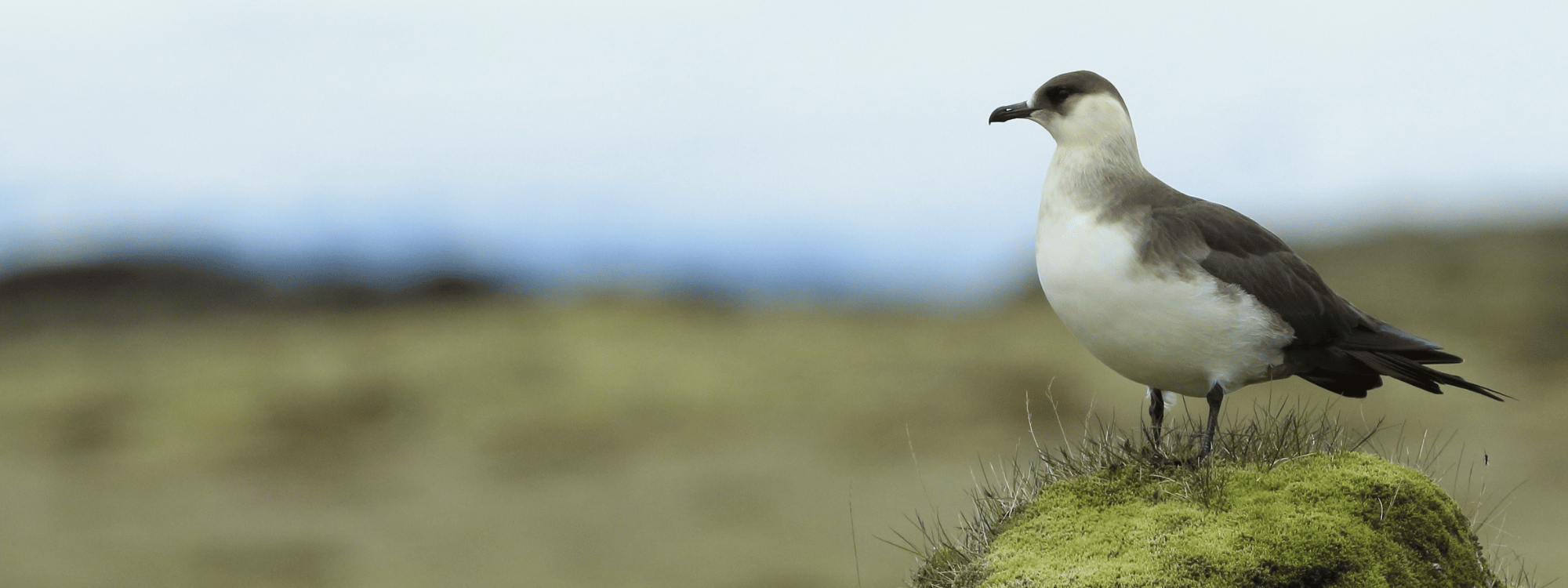
Support more work like this
Our Arctic Skua Tracking Appeal is now closed, but you can still support us. Donating to one of our current appeals will help fund our vital work to secure a better future for birds, for nature and for people.

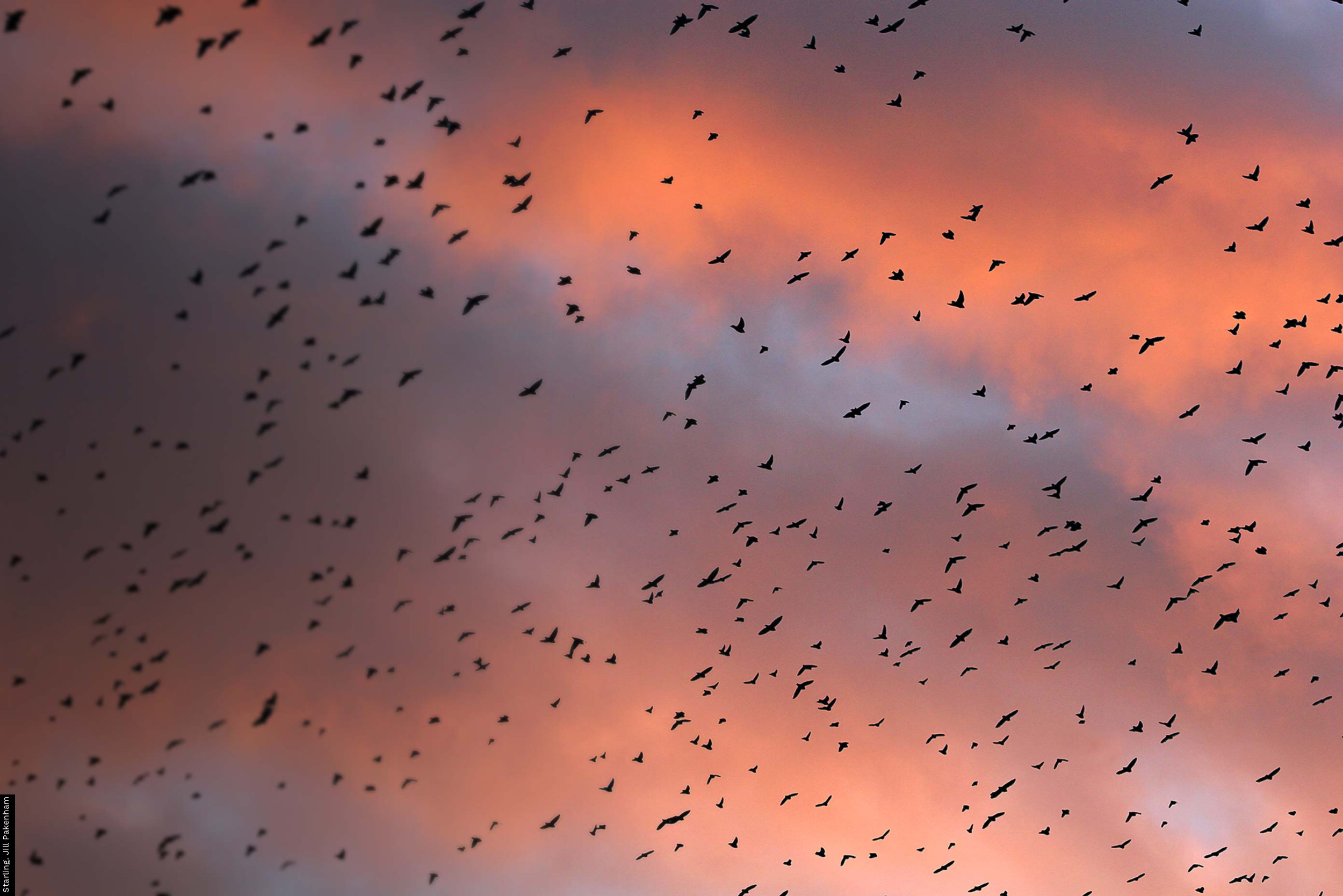
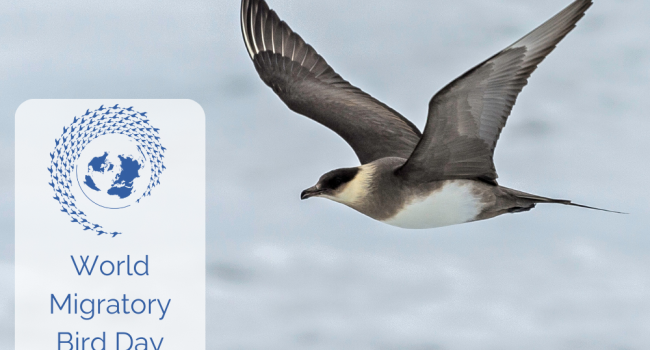
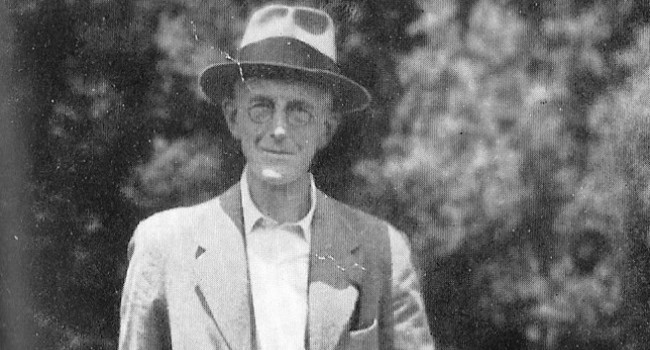
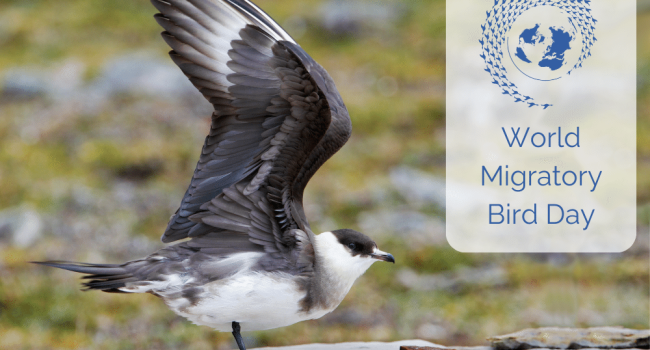

Share this page